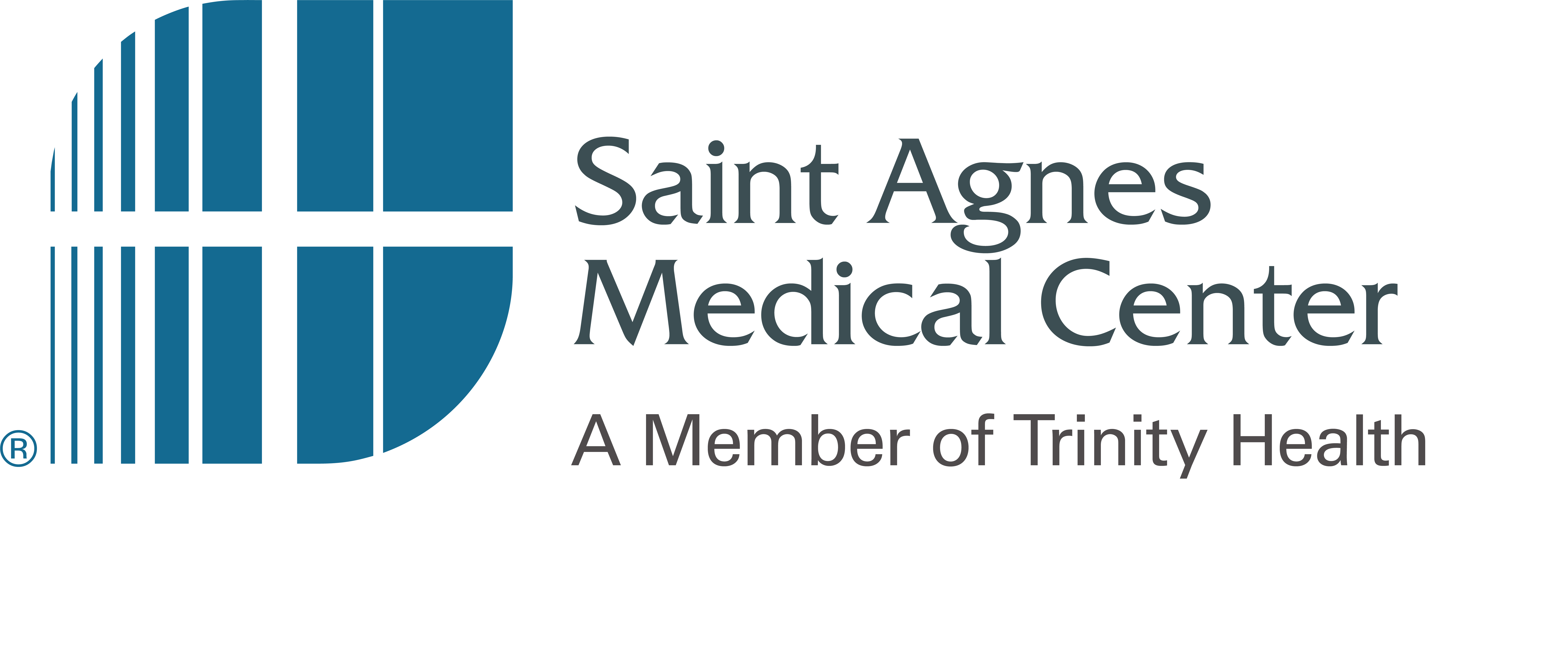Human Research Protection Program
The Saint Agnes Medical Center Institutional Review Board (IRB) is a committee that operates under Federal and State regulations, and institutional policies. It’s purpose is protecting the rights and welfare of human subjects who voluntarily take part in research. In order to do this, the IRB methodically reviews each research study according to several criteria, including but not limited to the following:
- Risks to subjects are minimized
- Risks to subjects are reasonable in relation to anticipated benefits
- Selection of subjects is fair and unbiased
- Informed consent is obtained from each prospective participant or the participants legally authorized representative, and appropriately documented in accordance with and to the extent required by Federal and State law
- Appropriate measures are included in order to protect the rights and the welfare of vulnerable populations
- Adequate provisions to protect the privacy of subjects and maintain confidentiality of data
- Appropriate safeguards are included to protect subjects likely to be vulnerable to intimidation or excessive influence
Types of Research Covered
All research studies or Investigator-designed projects that may possibly qualify as “research involving human subjects” as defined by the Health and Human Services’ (HHS) Office of Human Research Subject Protection (OHRP) must be reviewed by the IRB. Any human subjects research study that the Investigator believes does not meet this definition and is therefore exempt from IRB review must be submitted to the IRB Administrative Office for a formal determination of exemption.
Definitions:
- Research means a systematic investigation, including research development, testing and evaluation designed to develop or contribute to generalizable knowledge.
- Human Subject means a living individual about whom an Investigator (whether professional or student) conducting research obtains:
- data through intervention or interaction with the individual, or
- identifiable private information.
- Intervention includes the following, which are used to create and gather the information used in the study, and may be either standard of care or done exclusively for the purpose of the research:
- physical procedures, such as physical examinations, lab tests, x-rays, etc.
- manipulations of the subject or the subject’s environment
- Interaction includes communication or interpersonal contact between investigator and subject.
- Private information includes:
- information about behavior that occurs in a situation in which an individual can reasonably expect that no observation or recording is taking place,
- information which has been provided for specific purposes by an individual and which the individual can reasonably expect will not be made public (for example, a medical record).
Private information must be individually identifiable in order for obtaining the information to constitute research involving human subjects.
“Protected Health Information” (PHI) is information that can be used to identify an individual which is created, used, or disclosed in the course of providing a health care service, such as diagnosis or treatment. The Health Insurance Portability and Accountability Act (HIPAA), also known as “The Privacy Rule,” sets standards and regulations to protect individuals from improper disclosures of their PHI that could cause harm to their insurability, employability and/or their privacy. HIPAA does allow for researchers to access and use PHI when necessary to conduct research. In order to take part in a clinical trial, an individual must sign the “Authorization for Use and Disclose of Health Information”. The IRB will act as the HIPAA-required Privacy Board to review the use and or disclosure of PHI for research purposes.
IRB review fees for Commercial Research:
- Initial Review: $2,000
- Continuing Review: $1,500
- Modification Requests (requiring the convened IRB): $750
